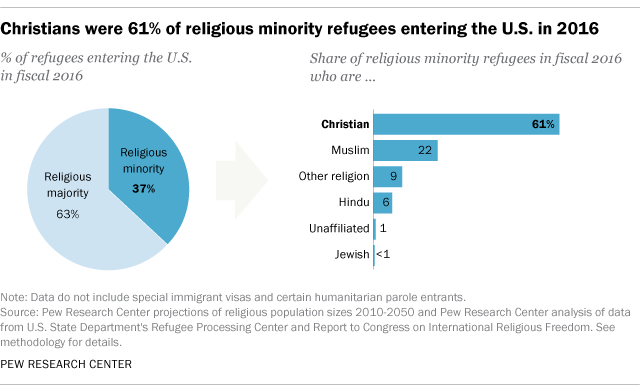Donald Trump made a commitment during his campaign to repeal the long standing Johnson amendment. This amendment was added as a provision to the tax code in 1954, signed by Dwight D. Eisenhower. In practice the amendment has been used to restrict non-profit organizations including churches from endorsing or opposing a political candidate at the coast of losing their tax-exempt status. Though passed by a republican Congress and president, religious leaders today believe repealing the Johnson amendment would give way to a conservative christian revolution. The basis of repeal is that the amendment violates free speech. This argument has been taken to court several times over and the courts have not agreed with the statement. Therefore, should Trump use presidential power to repeal the amendment he would be, again, overstepping his role as the President of the United States.
In class we have taken not of two key factors playing in this case. The first is, specifically in Chaves, that the correlation between regular church goers and conservative political values has strengthened in the past years. Repealing the Johnson amendment, I believe would cultivate that relationship. Second, in the most recent movie we have seen, the Baptist families are consumed by their religious practices and lives and see the outside world as a threat and sinful. The conservative Christian battle against the outside world is coming to light. If the Johnson amendment were to be repealed conservative Christian groups could not just condemn the workings of the outside world, but actively influence its politics.
(Peters, Jeremy W. “At the Divide of Church and State” The New York Times 3 Feb. 2017 A17. Print. 8 Feb 2017.)
